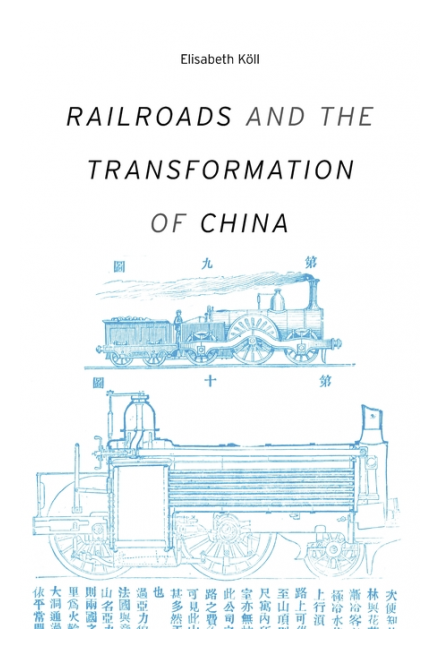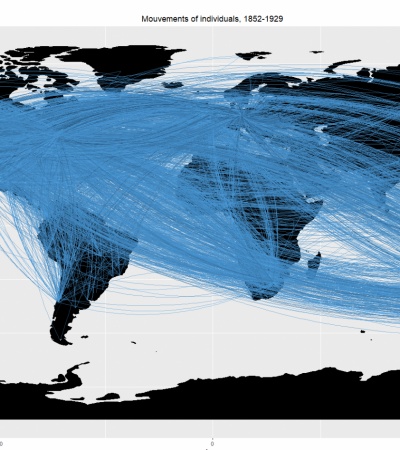Elisabeth Köll is Professor of History and William Payden Collegiate Chair.
Köll's research focuses on the managerial, legal, and financial evolution of firms and entrepreneurship in China from the 19th century to the present. Her book From Cotton Mill to Business Enterprise: The Emergence of Regional Enterprises in Modern China shows how concepts, definitions, and interpretations of property rights, corporate structures, and business practices in contemporary China have to be analyzed in terms of their historical, institutional, and cultural roots. She has been a Kellogg Institute faculty fellow since 2015.
Her recent book Railroads and the Transformation of China (Harvard University Press, 2019) uses the Chinese railroad system as a prism to explore the development of railroads as business and administrative institutions in China from the late nineteenth century to the 1980s. Examining the social, economic, cultural, and political functions of rail infrastructure, Köll's study addresses questions of how and to what extent railroads affected China’s development throughout the twentieth century, and conversely, how China’s development shaped the railroad itself as a bureaucratic and economic system. Köll's current research involves a new book project China’s role in the global history of informal finance and as well as a study of an American cigarette sales agent in North China during the 1920s with a focus on the opportunities, challenges of and competition in the globalizing China market.
Business and economic history of greater China and East Asia, 19th century to the present; relationship between government, markets, and local society; comparative history of industrialization, technology transfer and infrastructure development
I am interested in the managerial, legal, and financial evolution of firms and economic institutions in China from the 19th century to the present. My current book project, “Railroads and the Making of Modern China,” addresses the introduction and expansion of railroad infrastructure and explores how technology transfer, railroad construction and management have contributed to China’s economic and political development as a modern nation-state.











